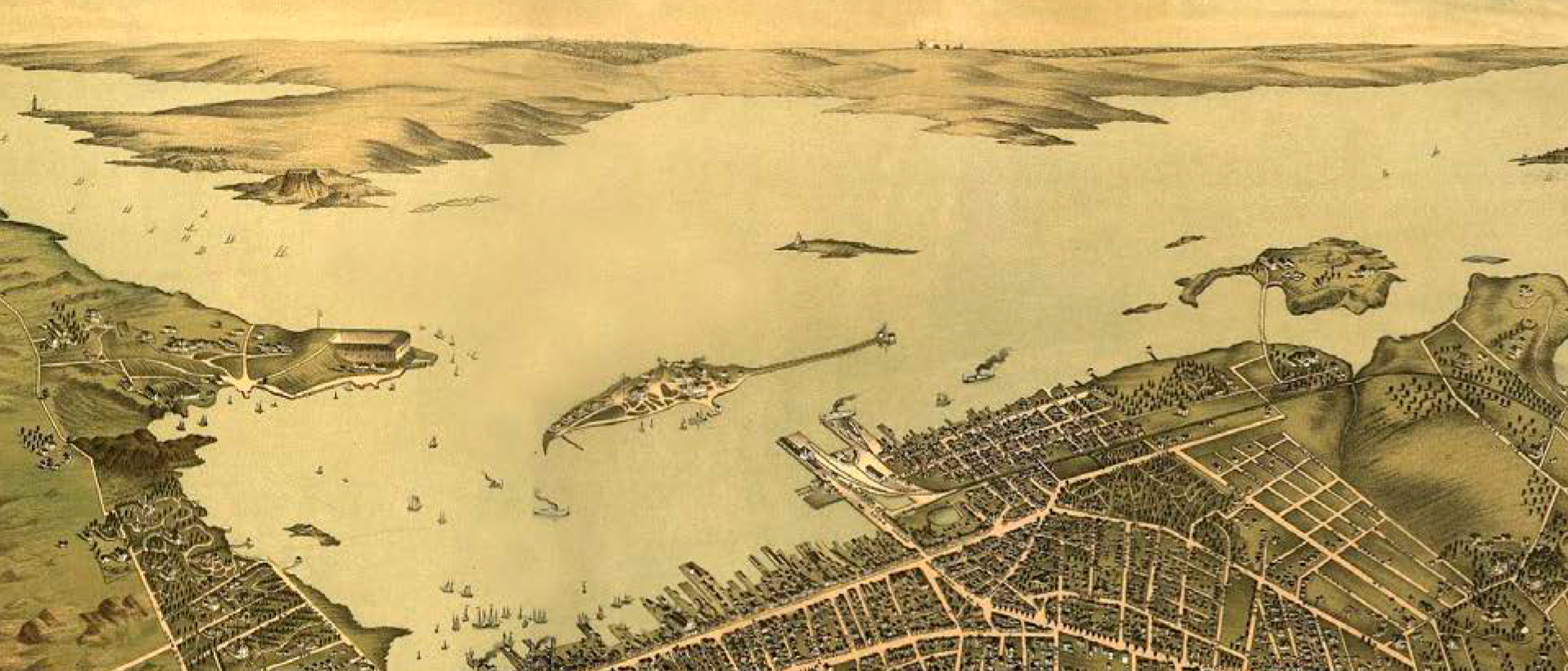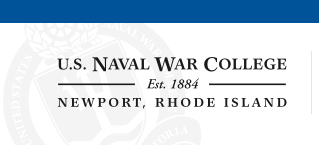
Newport Papers
Files
Download Full Text (4.7 MB)
Description
Military intervention always has been and always will be an important part of foreign policy, a tool to further national interests and influence world events. Many scholars have tried to explain the intervention behavior of states in crises, conflicts, and wars. When and why do states intervene, and what are reasons for nonintervention? What conflicts and crises are more likely to call for intervention, and why? When is intervention successful? The explanations are manifold and include political, military, economic, social, environmental, domestic, and humanitarian factors. The theoretical literature covers a gamut of realist intentions, ranging from security, power, and national interests, as guides to state action; to emphasis on international trade and economics; and to domestic politics. Some argue for explanations based on idealistic aspirations, such as democracy and human rights. Many studies focus on a mix of different reasons. From this vast field, the author has selected international crises involving any form of U.S. activity in the years 1946-2006. Within these U.S. activities, the author distinguishes between crisis response with and without naval forces, as this study intends to advance the knowledge of the use of U.S. naval forces as a response to international crises and to contribute to a better understanding of when and how the U.S. Navy is deployed.
ISBN
978-1-935352-03-7
Publication Date
2013
Publisher
U.S. Naval War College Press
City
Newport, Rhode Island
Keywords
Newport Papers, Geopolitics, Intervention, Non-intervention
Recommended Citation
Forster, Larissa, "Influence without Boots on the Ground" (2013). Newport Papers. 39.
https://digital-commons.usnwc.edu/usnwc-newport-papers/39


